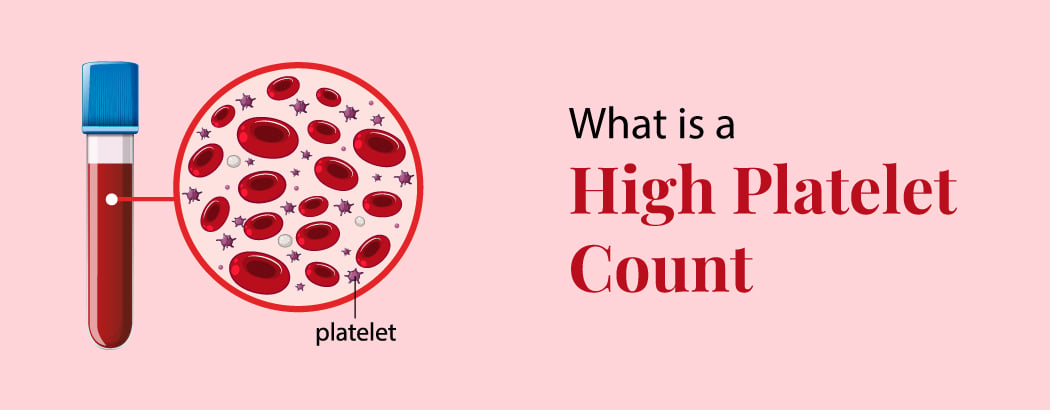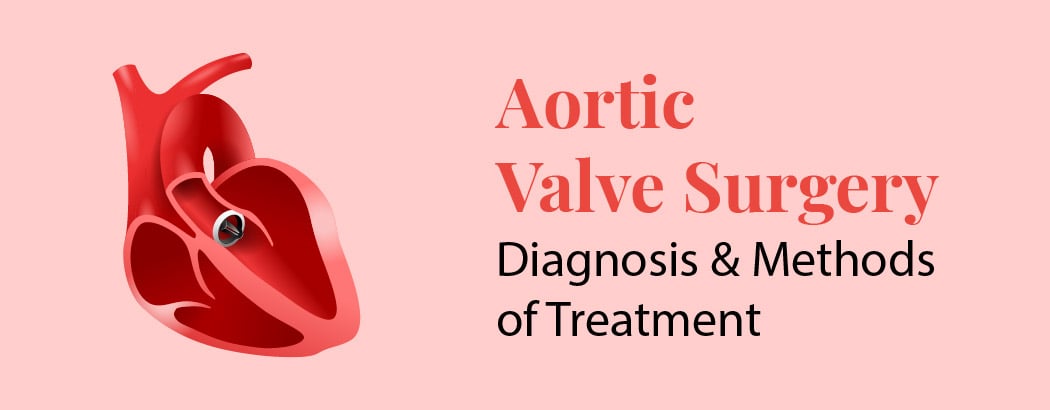What is a High Platelet Count?
February 15, 2025

The number of platelets in the blood may be quickly and often determined with a platelet count. This condition is called thrombocytosis. Damage to a blood artery causes platelets to clump together. Platelets combine with clotting factors (blood proteins) when a finger is cut, for instance. They combine to create a “glue” that halts the bleeding. Tens of thousands of platelets make up a single blood drop.
A full blood count often includes a platelet count. This test evaluates the concentration of red blood cells, white blood cells, and platelets in the blood.
What is a High Platelet Count?
A condition known as “high platelets” occurs when the blood has more platelets than normal. Little blood cell fragments, known as platelets or thrombocytes, aid in blood clotting and help halt bleeding. Regular blood testing can help clinicians detect a high platelet count. One may suspect an underlying problem based on a high platelet count. Nevertheless, it can also arise spontaneously, which means that it doesn’t result from an underlying ailment but rather appears on its own.
Due to the possibility of blood clots developing, spontaneously elevated platelets might still be harmful to health.
Symptoms of High Platelet Count
Indications of bleeding and blood clots are frequently seen in high platelet counts.
Common symptoms include:
- Migraine or headaches
- Feeling of scorching or throbbing pain
- Disorientation
- Numbness
- Redness or flushed skin
- Itching
- Exhaustion
- Bleeding without damage or injury, such as from nosebleeds or the lips or gums
- Blood in stool
- Bruises
- An enlarged spleen or liver that causes indigestion, fullness, stomach pain, or discomfort
- Inexplicable weight loss
- Seizures
- Shortness of breath
- Nausea
These sensations may be more noticeable in the palms of the hands or soles of the feet since blood clots frequently form in these areas. Clots, however, can form elsewhere in the body. An increased risk of blood clots may arise from smoking, advanced age, pre-existing medical disorders like diabetes or hypertension, or prior blood clot experiences.
Causes of High Platelet Count
The bone marrow in our body produces platelets along with red and white blood cells. The soft substance in the middle of your bones is called marrow. The blood-forming cells that produce other blood cells also produce platelets.
Some causes of high platelet count are:
- Reactive Thrombocytosis: High platelet counts are typically the result of reactive thrombocytosis. Due to a pre-existing medical condition, this entails having high plates.
- Infections: Some types of microorganisms are frequently the cause. These include, to mention a couple, Escherichia coli and MRSA.
- Inflammatory chronic conditions: Illnesses like lupus and COPD can raise platelet counts.
- Conditions involving allergies: Allergy-related conditions such as food allergies or hay fever can raise platelet counts.
- Low red blood cells or anemia: Platelet counts can rise in response to low hemoglobin and red blood cells. Hemolytic anemia and iron deficiency anemia both exhibit this.
- Asplenia: Elevated platelets might also result from splenic absence. This may be the result of improper splenic function or surgery.
- Drugs: Certain medications throw off the blood cells’ usual equilibrium. Platelet counts may rise as a result.
- Post-trauma or after surgery: Reactive thrombocytosis can also result from surgery or injuries when the body attempts to heal the wounds.
- Essential Thrombocythemia: Primary thrombocytosis is another name for this. It takes place when the bone marrow produces an excessive amount of platelets. Although rare, certain gene alterations have been connected to it.
- Genetic elements: A particular mutation in the JAK2 gene affects around half of those with essential thrombocythaemia, contributing significantly to this disorder’s onset.
- Cancer: One uncommon kind of blood cancer is essential thrombocythaemia. In this state, it can result in a high platelet count.
Less Common Causes of High Platelet Count
A high platelet count might be less concerning if it is connected to:
- Short-term ailments like inflammation or infection
- Physical activity
- Anemia
- A baby or a child
- Stress
- Use of medications
- Surgery or trauma
Although a high platelet count usually returns to normal as a result of these diseases and circumstances, if they are not properly treated, monitored, or controlled, they might result in more serious dangers.
There might be people not facing complications due to high platelet count, but if they do, then there are two kinds:
- Excessive bleeding
- Excessive clotting of blood
Excessive bleeding and excessive clotting appear to be extremely different from each other. However, an excess of platelets can cause both.
- Excessive Clotting: Initially, an excess of platelets increases the likelihood of blood clotting. It is possible to develop clots in the brain (stroke), lungs (pulmonary embolism), or legs.
- Excessive Bleeding: In fact, excess platelets might interfere with blood clotting, particularly when the platelet count is quite high. The blood vessels may begin to bleed blood spontaneously or following a slight trauma.
How to Treat Thrombocytosis
The treatment for thrombocytosis depends on its type and severity. In many cases, if there are no symptoms, routine monitoring may be the only necessary step.
Treatment for Secondary Thrombocytosis
Secondary thrombocytosis is usually temporary and resolves once the underlying cause, such as infection, injury, or surgery, has been treated. In most cases, no specific treatment for high platelet levels is required.
Treatment for Essential Thrombocythemia
For individuals with essential thrombocythemia who experience symptoms or have a high risk of blood clots, healthcare providers may recommend:
- Low-Dose Aspirin: A low-dose aspirin taken daily may be recommended to help prevent blood clot formation. This usually has minimal side effects but should only be taken under medical supervision.
- Medications to Lower Platelet Levels: Drugs such as hydroxyurea, anagrelide, or interferon alfa may be used to suppress excess platelet production in the bone marrow.
- Plateletpheresis (Severe Cases): In rare cases, when platelet levels are dangerously high and pose an immediate risk of life-threatening blood clots, a procedure called plateletpheresis may be performed to filter excess platelets from the blood.
Lifestyle and Monitoring
Regular checkups, a balanced diet, physical activity, and stress management may help support overall blood health. If you have thrombocytosis, ongoing monitoring by a healthcare provider is essential to prevent complications.
Conclusion
High platelet count or thromocytosis, is not usually a sign of a serious illness. It is frequently connected to a transient ailment or event, such as an infection or recent surgery. High platelet counts, however, have been linked to more dangerous illnesses including cancer.
Depending on the underlying reason, different treatments will be used for increased platelet counts. Sometimes there may be no need for therapy.
Frequently Asked Questions
1. Is high platelet count life-threatening?
Blood clots or serious bleeding are two problems that might arise from having high platelets, although this condition itself is not life-threatening.
High platelet count is usually caused by transient conditions that do not increase your chance of developing life-threatening blood clots. When essential thrombocytosis is present, the risk is higher. Nevertheless, to stop dangerous blood clots, your doctor will keep a careful eye on you, prescribe medicine, and carry out the required procedures.
2. Can high platelets be caused by stress?
Indeed, elevated platelets can result from stress and anxiety’s impact on platelet levels and activity. This is a somewhat standard situation.
To explore your choices for treatment and management, if you are concerned about the effects of stress and anxiety on your health, get in touch with your doctor.
3. What pathogens result in elevated platelets?
Elevated platelet levels in thrombocytosis can result from infections caused by bacteria, viruses, or fungi.
4. What happens to the platelet count during pregnancy?
Platelet counts can occasionally become abnormally high or low during pregnancy. This occurs because of a pre-existing issue in certain circumstances, and it develops in other cases during pregnancy.
Blood clots that obstruct the embryo’s or fetus’s blood supply can be caused by extremely high platelet counts, while hemorrhage can result from low platelet levels.






